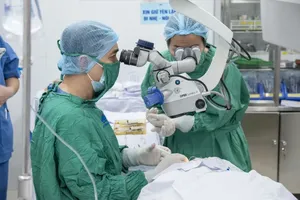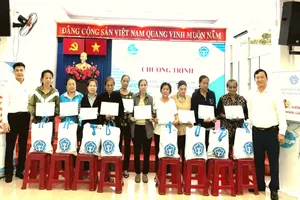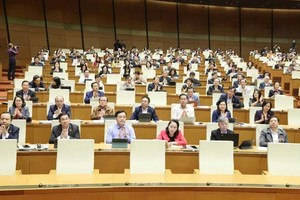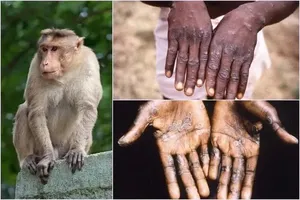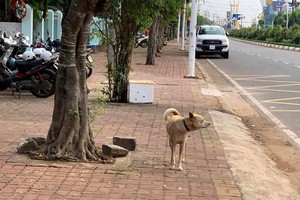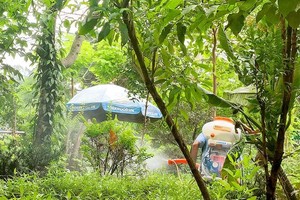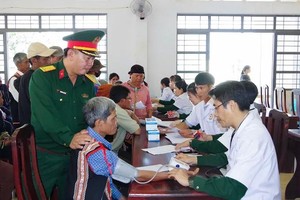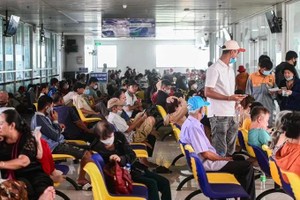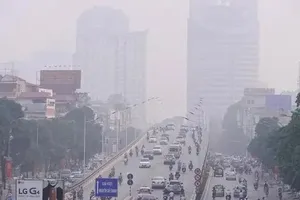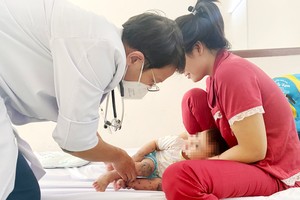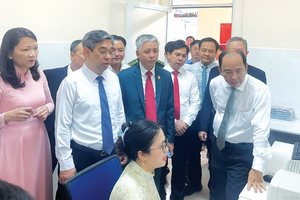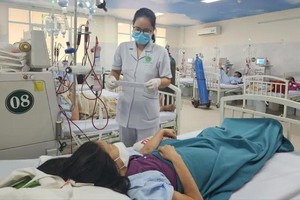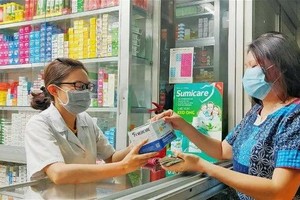As the Middle East Respiratory Syndrome (MERS) spread quickly in South Korea and it is able to enter Vietnam, Korean passengers June 3 were asked to fill medical declaration in international border gates as one of measures taken in response to a deadly outbreak of the disease.
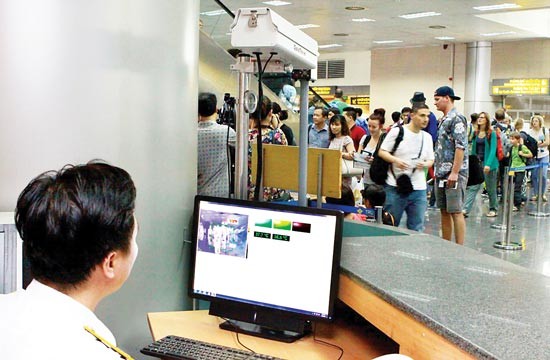
There are 10 flights carrying around 3,000 passengers from the Republic of Korea (RoK) to Vietnam landed in Noi Bai International Airport in Hanoi therefore the Airport’s Health Department's Center for International Health and Quarantine has worked out the plan.
The plan considers three situations such as the first is when no passengers arriving on international flights shows any signs of the respiratory syndrome and yet the epidemic is likely to penetrate Vietnam; the second situation is when Vietnam detects in-flight passenger(s) on international flights suspected to contact MERS; and the third situation is when the epidemic spreads out in the community.
Currently the airport is implementing the plan as per the first situation. In addition to ask Korean passengers to fill medical declaration, the center measures people’s body temperature to detect people having fever. If the center discovers any one having fever, that passenger will be kept in quarantine or transferred to hospital for further checking.
Luong Ngoc Khue, head of the Medical Examination and Treatment Department under the Ministry of Health, has sent an urgent dispatch to hospitals and medical centers in the country asking to classify patients.
These patients suffering respiratory problems must be examined in separate rooms. Doctors must ask them whether they come from countries in Middle East or RoK. If there is a suspect that patients get MERS-CoV, they must be separated and medical workers must take their samples to sent to Pasteur Institute for testing.
There is no vaccine for the disease so it is a very dangerous disease, said Dr Tran Dac Phu, head of the Ministry of Health's Preventive Medicine Department.
HCMC health sector and Tan Son Nhat Airport implemented measures against the disease including tele-measure passengers’ body temperature and medical declaration, said Dr. Nguyen Van Sau, director of Airport’s Health Department's Center for International Health and Quarantine in HCMC.
According to the World Health Organization’s latest warning, people with diabetes, renal failure, chronic lung disease, and immunocompromised persons are considered to be at high risk of severe disease from MERS‐CoV infection.
Therefore, these people should avoid close contact with animals, particularly camels, when visiting farms, markets, or barn areas where the virus is known to be potentially circulating. General hygiene measures, such as regular hand washing before and after touching animals and avoiding contact with sick animals, should be adhered to.






